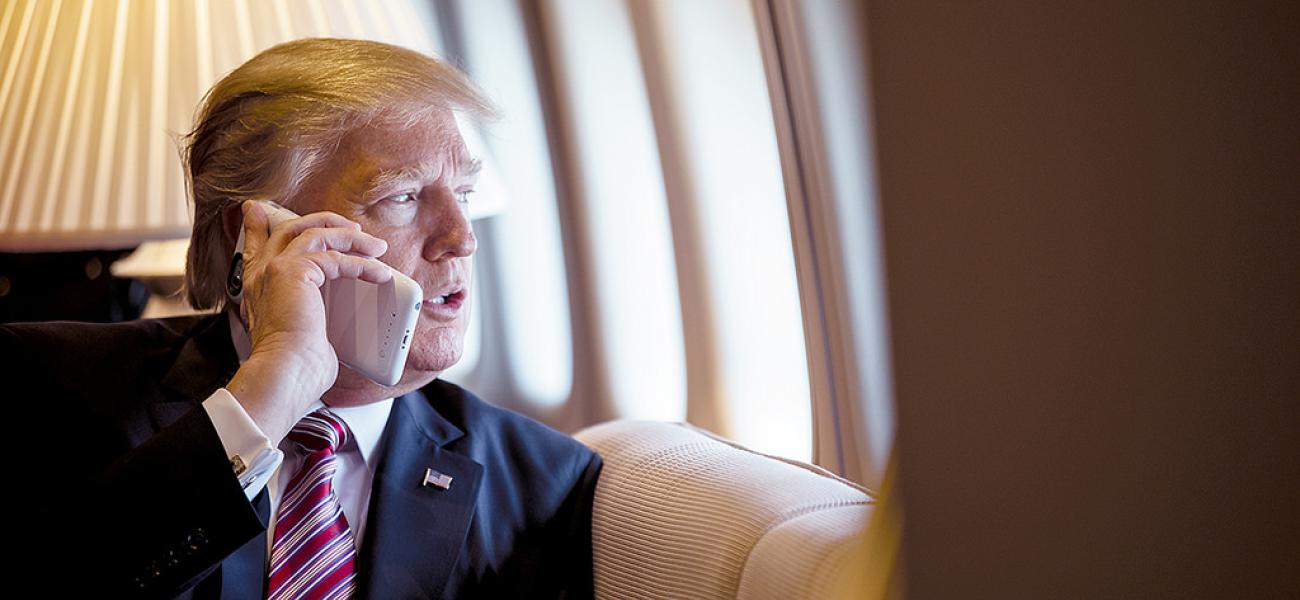
Russia, Trump and a New Détente: Fixing US-Russian Relations
This is a summary of an article originally published by Foreign Affairs.
The author writes that Washington’s treatment of Russia hasn’t varied much in the 25 years since the Soviet Union dissolved. The myth of Russia’s “golden era of democracy” under Boris Yeltsin in the 1990s continues to be perpetuated, the author argues, denying Russian President Vladimir Putin credit for successes and instead laying all of Russia’s evils at his feet. Assertions about Russia’s decline under Putin are often proven false, such as Russia’s low life expectancy coinciding with Putin’s years in power, when in fact it has risen. While a dislike of “Putin’s harsh rule is understandable,” demonizing Russia foolishly widens the gulf of U.S.-Russian misunderstanding and encourages the misconception that if Putin were gone, Russia would become a democratic, liberal society. This makes U.S. leaders look uninformed, leading to “undignified and unwise" comments by the prior administration. The author also notes that Russians see the U.S applying a double standard to their country, frequently criticizing Russia for the same things that go unremarked on elsewhere. One example is America’s rejection of parallels between Crimea’s succession from Ukraine and Kosovo’s secession from Serbia in 2008. While former U.S. President Barak Obama said that Kosovo’s secession took place only after a referendum was organized, no such referendum ever occurred. In addition, “U.S. and EU actions helped spark the conflict by treating Ukraine as a prize to be grabbed, rather than as a linguistically and ethnically divided country in which Russia has legitimate interests.” Ukraine is an area where Russia and the U.S. could begin repairing their strained relationship, but any diplomatic breakthrough would require agreement from both sides on non-interference in the other’s domestic matters. Whether or not it is possible, a new détente is needed not just for the U.S. and Russia, but for the broader world as well.
Read the full article in Foreign Affairs.
Robert David English
Robert David English is an associate professor of international relations, Slavic languages and literature and environmental studies at the University of Southern California.
Photo credit: In the public domain as a U.S. government work.

